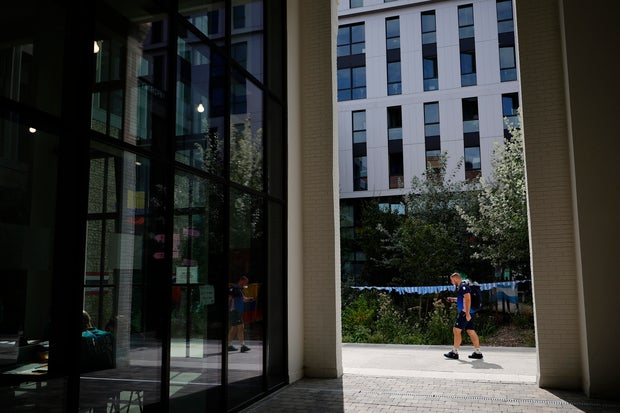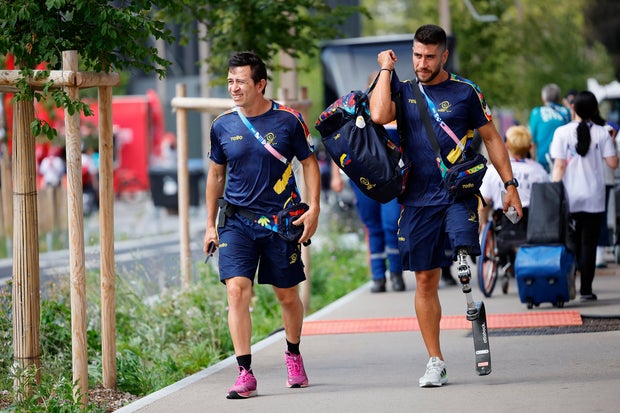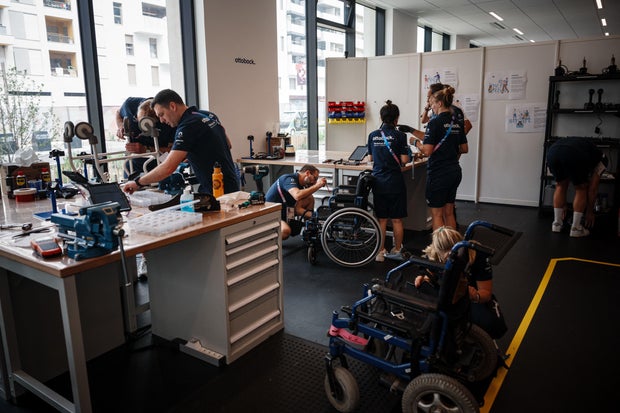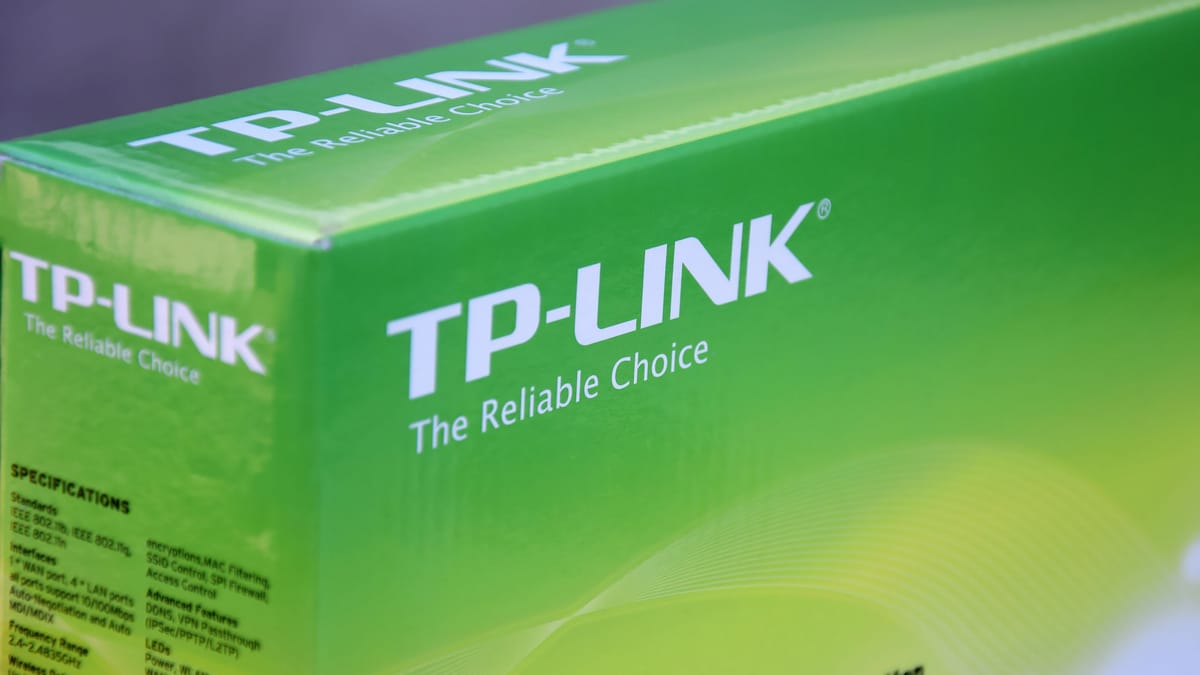Just four days before the start of the Paralympic Games, the Athletes' Village was bustling with activity on Saturday as athletes from 168 delegations settled into their temporary home and prepared for the upcoming competitions.
Located in a northern suburb of Paris in the Seine-Saint-Denis department, the village closed its doors on August 13 after the conclusion of the Olympic Games, giving organizers a week to make the necessary adjustments for the upcoming Paralympics.
Laurent Michaud, Paralympic Village Manager, spoke about the rapid but meticulous transformation. The village had been built with inclusivity in mind from the start, but this final week was crucial in fine-tuning the details to ensure every aspect was perfectly aligned with the needs of Paralympic athletes.
/ Getty Images
“All streets, sidewalks and entrances are fully accessible to people with reduced mobility. It is a 100% barrier-free village,” he explained.
The village reopened on August 21 and was redesigned to meet the specific needs of the 4,400 para-athletes.
Key adjustments included additional ramps and improved lighting throughout the village to help athletes find their way around, regardless of their mobility or visual impairment. Sandy floors and gratings that could be challenging for wheelchair users were covered with mats.
Motorised devices were also provided for wheelchair users, offering an electric propulsion system that made getting around the village faster and more enjoyable. These quickly became a favourite with athletes as they added an element of fun to their mobility.
One scene that captured this joy involved three athletes from Iran. They were seen racing down the main alley leading to the dining hall. One of the athletes operated the motorized device while the others clung to their companion's shoulders, laughing and enjoying the ride.
Alex Slitz / Getty Images
Ludivine Munos, a former French para-athlete and Paris 2024 integration director, praised the village's establishment, calling it a “paradise” for para-athletes.
“The goal was to provide athletes with the best possible experience during their stay and ensure they can focus on their performance without worrying about accessibility issues,” Munos said.
Minor adjustments were also made to make everyday life easier. In the dining room, the tables were placed further apart for wheelchair users and some chairs were removed to create a more open layout.
Philipp Wurz, head of the food and beverage department, highlighted these subtle but important changes. Products in the refrigerators were presented on all shelves in a way that made it easy for wheelchair users or athletes of short stature to access them. Volunteers were also available to assist athletes who needed help carrying their trays. For those who wanted to carry their trays on their laps, a thin layer of rubber was added to keep the food from slipping.
DIMITAR DILKOFF/AFP via Getty Images
In the living areas, electrical outlets have been installed 45 cm above the floor, eliminating the strain of reaching down for wheelchair users. In the bathrooms, grab bars have been strategically placed – one securely attached to the wall, the other has suction cups to provide flexibility for different needs.
“The smallest details can mean big improvements for para-athletes,” says Wurz.
Beyond these practical accommodations, para-athletes can also enjoy a range of services including a bakery, massage parlor, grocery store, 24-hour gym, hair and nail salon and a free clinic – all available in the village.
The Paralympic Games begin on August 28th and end on September 8th.






